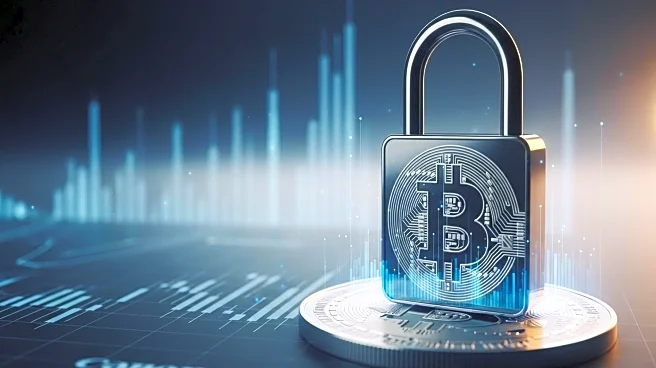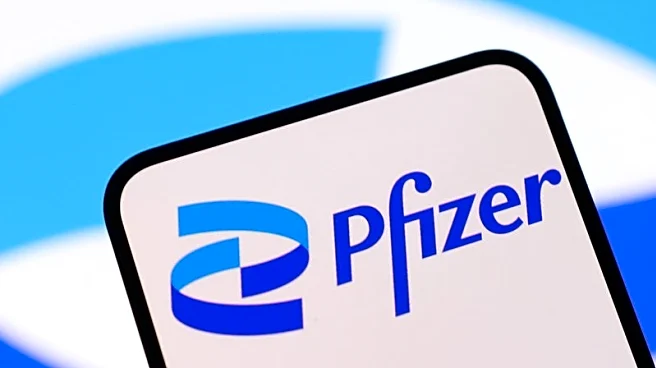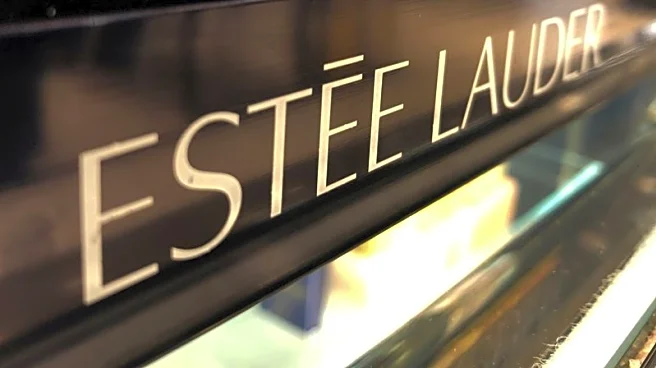What's Happening?
World Liberty Financial (WLFI), a crypto project linked to President Trump, is facing criticism after freezing investor tokens without explanation. Justin Sun, a major investor, reported that his tokens were blacklisted following a significant transaction flagged by blockchain tracking tools. This has raised concerns about the governance and transparency of the project, which is marketed as a decentralized alternative to traditional finance. Other investors, including blockchain developer Bruno Skvorc, have also claimed that WLFI's compliance system incorrectly flagged their wallets as high risk, leading to a lockup of their tokens. The governance token of WLFI began trading publicly on September 1, experiencing rapid volatility typical of new crypto assets. Despite public claims of promoting financial freedom, the project has not responded to requests for comment on these incidents.
Why It's Important?
The controversy surrounding WLFI highlights significant issues in the crypto industry, particularly regarding governance and compliance. The freezing of tokens raises questions about the extent of centralized control within projects that claim to be community-driven. This situation is drawing attention to the broader implications of blacklisting in the crypto space, a practice usually associated with stablecoins and law enforcement compliance. The involvement of the Trump family adds another layer of complexity, with potential conflicts of interest given the administration's regulatory stance toward the crypto industry. The unfolding events are becoming a focal point for debates about the intersection of politics, regulation, and decentralized finance.
What's Next?
As the situation develops, investors and observers will be closely monitoring whether WLFI can align its operational actions with its stated values of decentralization. The project's market performance and regulatory developments will be crucial in shaping the perception of the Trump family's involvement in blockchain-based finance. The governance model of WLFI, which theoretically allows token holders to influence the project's direction, will be scrutinized for its effectiveness in decentralizing control.
Beyond the Headlines
The freezing of tokens by WLFI underscores the challenges of implementing decentralized governance in crypto projects. The disconnect between the project's public narrative and operational reality highlights the risks of centralized control mechanisms. This situation may prompt broader discussions about the ethical and legal dimensions of governance in the crypto industry, particularly concerning investor rights and compliance systems.










